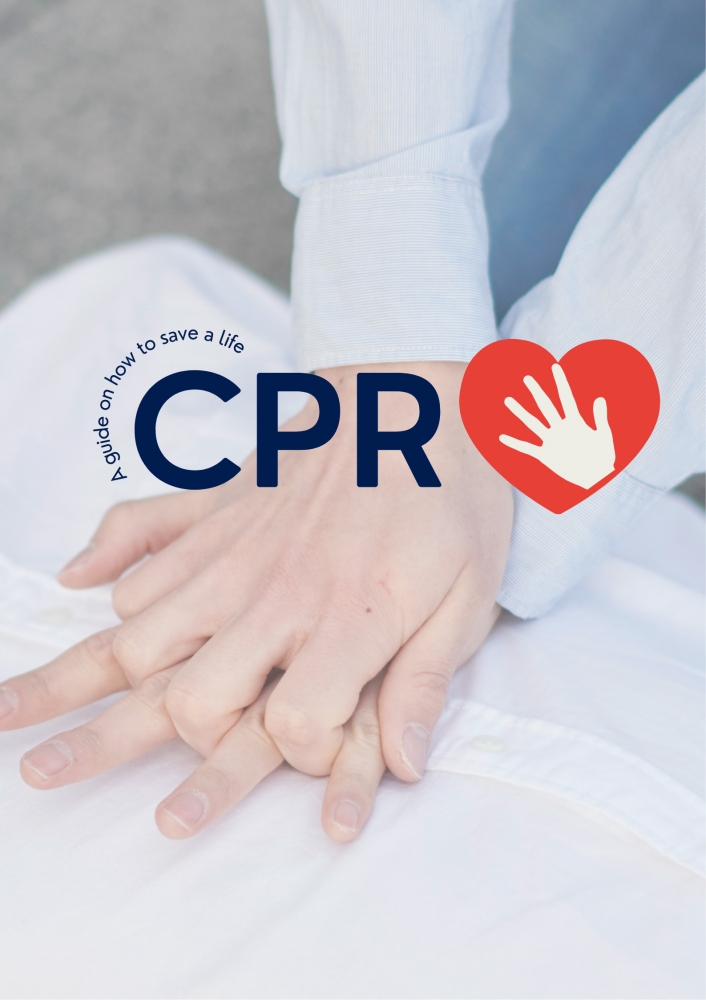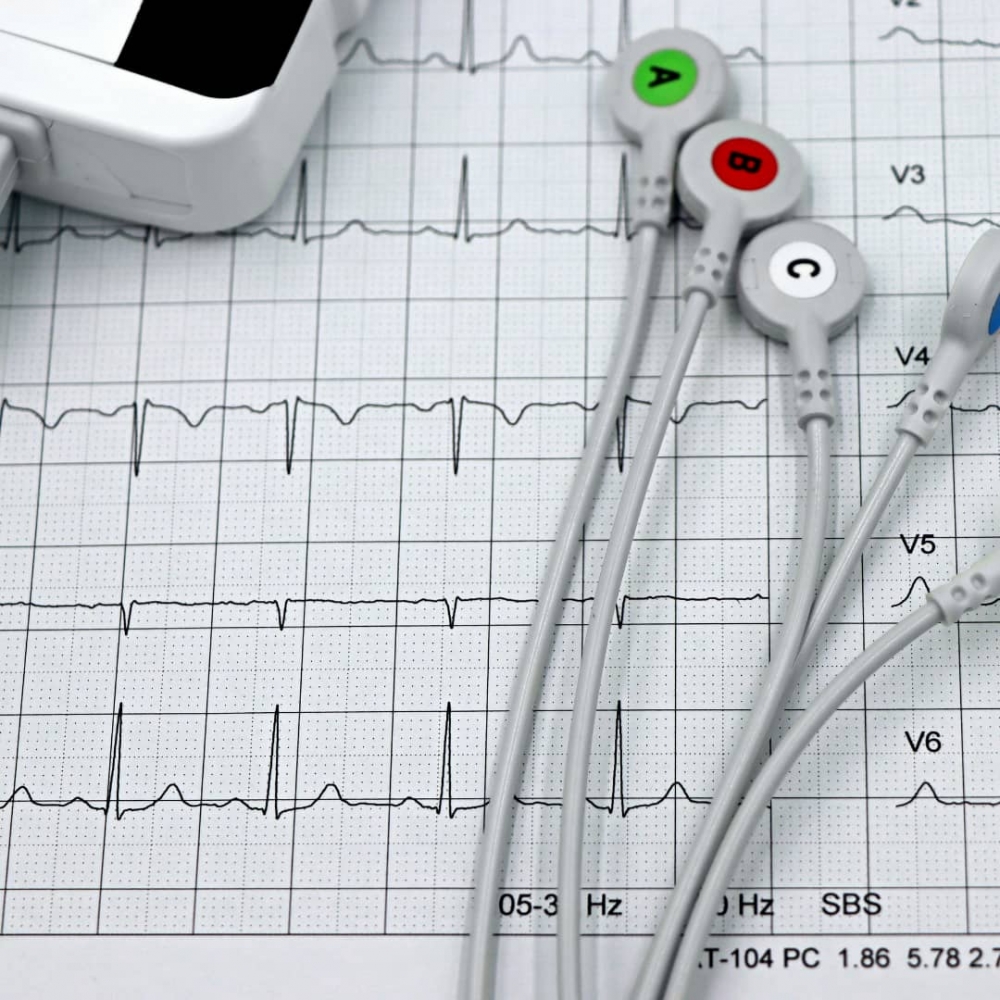How to tell if you have sinusitis or Covid-19

Keep your sinuses healthy by ensuring good ventilation at home and keeping away from polluted air.
KUALA LUMPUR: Sinusitis is a prevalent condition in Malaysia, and while its regular symptoms may include a loss in the sense of smell, fatigue and headaches – these can largely also be mistaken for symptoms of Covid-19, especially as Malaysia currently battles a fourth wave.
While both sinusitis and Covid-19 affect the nasal passages of the body, there are ways to differentiate one from the other, and this begins with first understanding the two conditions.
Sinusitis is defined as an inflammation of the mucous membrane that lines the paranasal sinuses.
Recurrent sinusitis is caused by allergic rhinitis, where the sinus opening is blocked by mucus, polyps or mucosal swelling; or caused by structural abnormalities in the nose that affect drainage of the sinuses, which include a deviated nasal septum, cleft palate and swollen adenoids.
Dr Chai Chiun Kian, Consultant Ear, Nose & Throat (ENT), Head and Neck Surgeon from Sunway Medical Centre Velocity (SMCV) shares that both sinusitis and Covid-19 can cause fever, blocked nose, runny nose, headache and loss of smell – and stresses that the loss of smell or taste should raise a high index suspicion for Covid-19 instead.
“A significant number of patients with proven Covid-19 infection have developed loss of smell. In more serious cases, patients may experience shortness of breath when the disease has progressed to the lungs, resulting in pneumonia.

Dr Chai Chiun Kian
“In contrast, symptoms of sinusitis are typically centred around the nose and the throat, and rarely cause shortness of breath,” Chai explains.
Both conditions will require medical attention at varying degrees and should be attended to immediately.
However, if patients are still unable to differentiate the two, Chai shares that it is advisable for them to go for a Covid-19 RT-PCR test for confirmation of diagnosis.
Early treatment for early recovery
Once a patient has been diagnosed with sinusitis, early treatment is the best way to resolve it without additional complications.
Common symptoms patients should be aware of include unusual nasal discharge, nasal congestion, facial pain in the forehead and cheek areas, or headaches.

Dr Tang Mee Ling
Dr Tang Mee Ling, Consultant ENT, Head and Neck Surgeon from SMCV recommends that patients keep their sinuses healthy by maintaining good ventilation and to eliminate risk and environmental factors where possible.
This includes air pollution, dust mites, and to kick the smoking habit, if applicable. There are several home remedies that patients can carry out on their own if their symptoms are not very severe.
“Steam inhalation and nasal saline irrigation may help to reduce nasal congestion and nasal discharge by hydrating the nasal cavity.
“Eating food highly seasoned with garlic can provide a short-term decongestant effect.
“To reduce facial pain, applying a warm towel around the nose, cheek and eyes may provide a certain degree of relief. However, if nasal symptoms persist or if you’re having fever, it is advisable to seek medical treatment early,” Tang says.
Surgical intervention may even be required to alleviate the symptoms, and this includes Septoplasty, Polypectomy, Inferior turbinate hypertrophy, Functional Endoscopic Sinus Surgery (FESS) and Adenoid curettage.

At-home remedies include nasal saline irrigation which may help reduce nasal congestion and nasal discharge.
Complications of sinusitis
There are dangers to leaving sinusitis untreated, especially in immunocompromised patients with high blood sugar.
The sinusitis infection may worsen and spread beyond the bony walls of the sinuses into important surrounding structures like the eyes, brain, ears and throat or even worse, cause abscesses (pus collection).
This can lead to orbital abscesses (abscess in the eyeball space), meningitis (infection in brain coverings), brain abscess (abscess in the brain), middle ear infection and pharyngitis (throat infection).
Tang says that a main indicator of the worsening condition will be the presence of a high fever and chills, and in the case of meningitis or brain abscess, the patient may become drowsy, experience fits or seizures and even fall into a coma from increased pressure in the brain.
Hospitalisation, intensive care and high doses of intravenous antibiotics will then have to be administered, as well as surgery to drain the abscess.
“It is paramount to see an ENT specialist if your ‘flu’ does not go away within one to two weeks or gets worse in spite of taking the usual flu medication. Early sinusitis treatment is always better than treating sinusitis complications,” Tang says.
The assessment will begin in the outpatient clinic, where a rigid scope with a camera (nasal endoscope) will be used to examine the nasal cavities.
Depending on the scope findings, the patient will then be advised by the specialist on the corresponding medical or surgical treatment.
As reported on https://www.freemalaysiatoday.com/category/leisure/2021/05/30/how-to-tell-if-you-have-sinusitis-or-covid-19/
BackSuggest to Read









